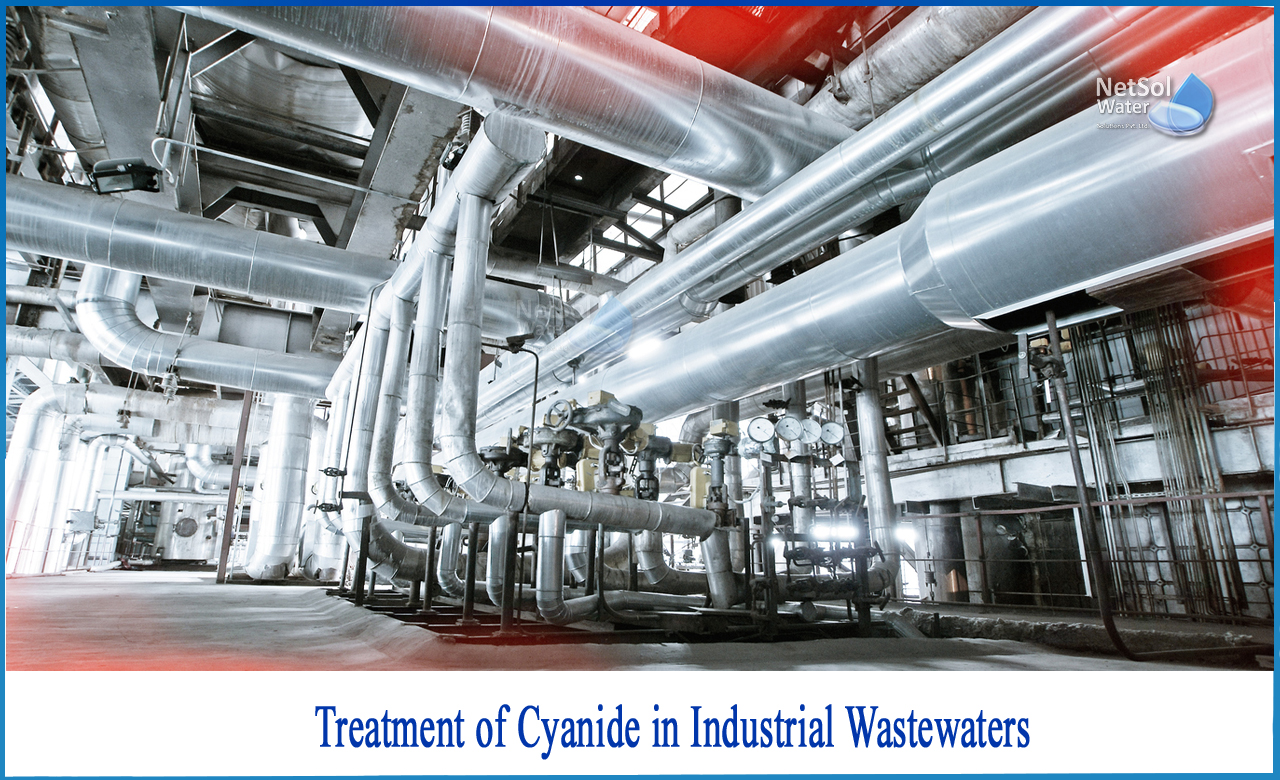Why is cyanide wastewater treatment important?
Metal plating, steel case hardening, and gold and silver ore refining are just a few of the current industrial processes that produce cyanide-containing pollutants. Wastewater containing even trace levels of cyanide from these operations must be cleaned before being discharged into sewage systems. Because cyanide wastes are hazardous to living organisms, cyanide wastewater treatment is essential.
Cyanide, in particular, has the capacity to limit or eliminate oxygen use in organisms, including humans, making cyanide poisoning lethal. Cyanide poisoning is extremely dangerous to aquatic life, including bacteria found in natural water purifying streams. If cyanide-containing pollutants infiltrate agricultural or municipal water systems, cyanide poisoning poses a direct threat to humans.
How does cyanide affect industrial facilities?
The toxicity of cyanide to humans has the most severe impact on industrial operations. Even at low quantities, all types of cyanide are dangerous. Low-level cyanide exposure over time can result in a variety of neurological, pulmonary, cardiovascular, and thyroid problems. Shortness of breath, chest pain, convulsions, unconsciousness, and death are all symptoms of acute exposure to deadly quantities of cyanide in food, water, or the air. As a result, facilities that use, handle, or create cyanide must normally take safeguards to prevent cyanide contamination and protect workers, communities, lands, and rivers.
Many countries and regions throughout the world have adopted legislation to safeguard both the population and the environment against cyanide exposure in order to reduce the health and safety hazards. Most regions around the world have regulatory restrictions, therefore industrial facilities that handle cyanide should consult with their local agency to learn about all applicable regulations for handling, disposal, testing, monitoring, and reporting hazardous materials.
How to treat Cyanide in Industrial Wastewaters?
There are several methods for treating cyanide in wastewater flows, each with its own set of benefits. The treatment options for cyanide include:
1: Granular activated carbon (GAC)
Granular activated carbon (GAC) absorbs cyanide, however it has a high cost for both the consumable and the disposal of the used GAC. It's best for cyanide fluxes that come in waves or are seasonal.
2: Destruction or Oxidation
Cyanide destruction, also known as oxidation, is the process of breaking down the carbon-nitrogen triple link in WAD cyanides using a chemical oxidant. This oxidation reaction produces cyanate, which is less hazardous and less persistent in the environment than cyanide.
Most chemical oxidants require a strongly alkaline pH of 12 or more, however others, such as chlorine dioxide, can work at a pH as low as 9. Chemical oxidation is an excellent fit for greater volume streams with WAD cyanides, especially those with cyanide levels that exceed the limits supported by biological treatment alternatives, due to its effectiveness and relative technical simplicity.
3: Ion exchange
Ion exchange (IX) is a physical-chemical treatment method that involves passing a liquid stream through a resin substrate that allows charged ions, such as cyanide anions, to exchange. The resin in an IX system is carefully chosen based on the ionic charge of the contaminant to be removed (s). Facilities typically utilize either a chelating resin or a strong base anion (SBA) resin to remove cyanide from streams.
When a stream passes through the IX column, the resin collects cyanide anions from the solution and holds them until the resin is regenerated.IX is an excellent choice for facilities trying to reduce cyanide content below stringent regulatory limitations, for those looking to treat vast volumes of water with relatively low cyanide concentrations, or for facilities that want to selectively remove cyanide and/or recover valuable metals.
4: Reverse osmosis
RO is a technique for producing safe-to-discharge freshwater with minimal amounts of contaminants, such as cyanide. The highly concentrated waste is simple to transport for disposal or treatment offshore.
Do you still have some questions?
We are here to help! Based on our many years of experience manufacturing some of the most cost-effective water and wastewater treatment systems for families and companies, we'd love to assist you in finding a solution that meets your needs and budget. It is our obligation to conserve water and to ensure that wastewater is treated in order to prevent water pollution. Our wastewater treatment systems are offered with a variety of customized features to match your specific needs.
For further information or product related query, call us at +91 9650608473 or email at enquiry@netsolwater.com



